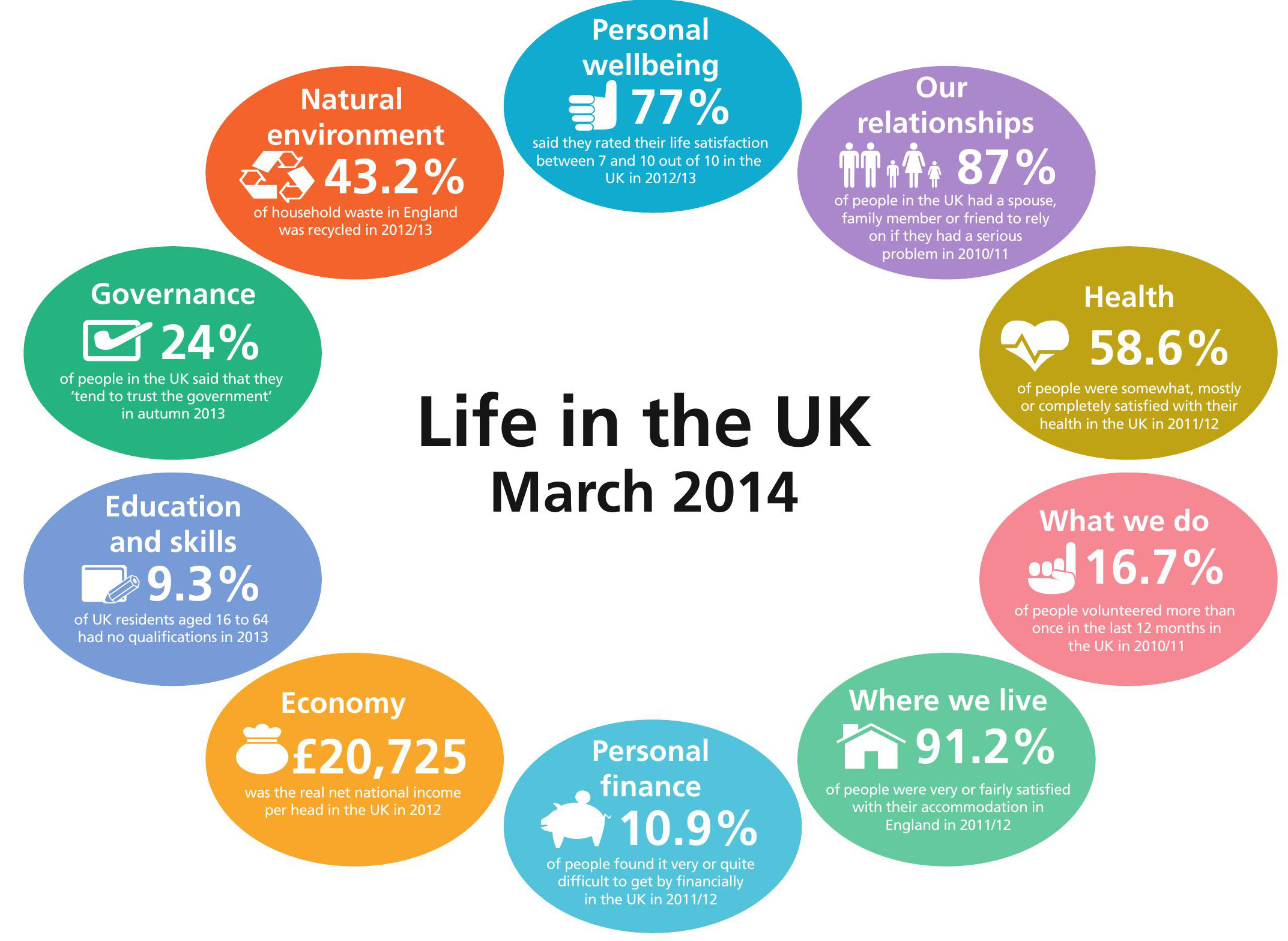
The possibility of measuring changes in national ‘wellbeing’ raises a number of serious sociological questions and some fascinating methodological issues. First, what exactly does wellbeing mean? It certainly involves an evaluation of how we feel about and experience our lives. But should we use objective measures — such as rates of crime and levels of poverty in different societies — as part of the assessment? Or should we emphasise instead only subjective accounts — such as to what extent people say they feel fearful of crime, or say they are generally happy with their lives?
Measuring wellbeing is argued to help support governments and their partners to measure ‘real’ change by directly capturing people’s experience of their lives rather than using proxy indicators. But assessing the validity of what people say about their experiences and feelings has long been a bone of contention in sociological analysis. Applying ‘objective’ measures also has its acute problems: there is no national ‘average’ experience of crime, for example, because crime rates differ so much between neighbourhood areas.
Your organisation does not have access to this article.
Sign up today to give your students the edge they need to achieve their best grades with subject expertise
Subscribe




